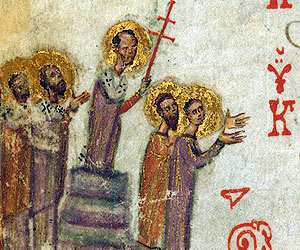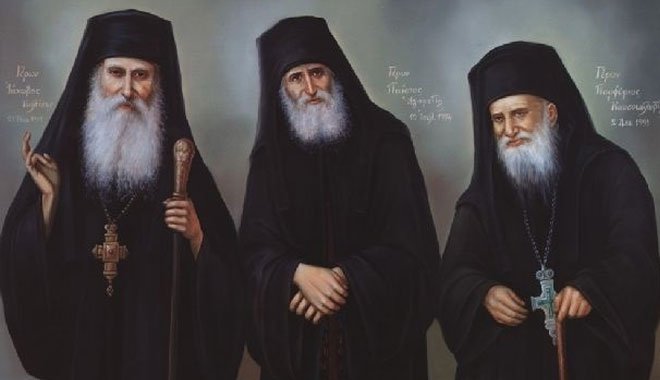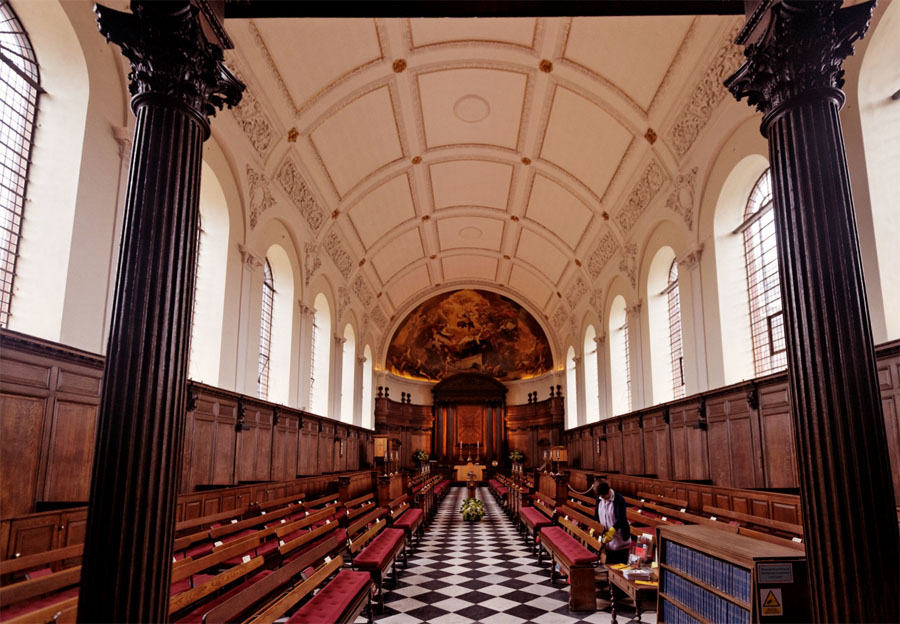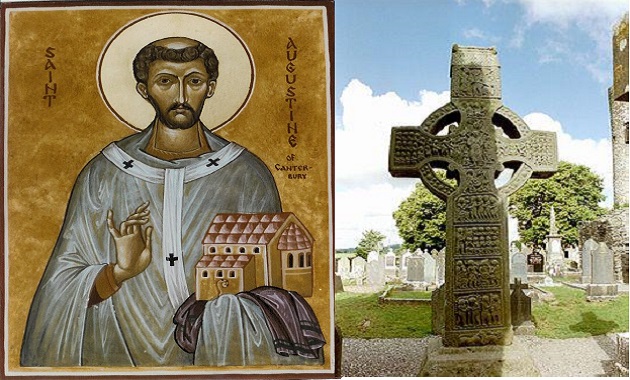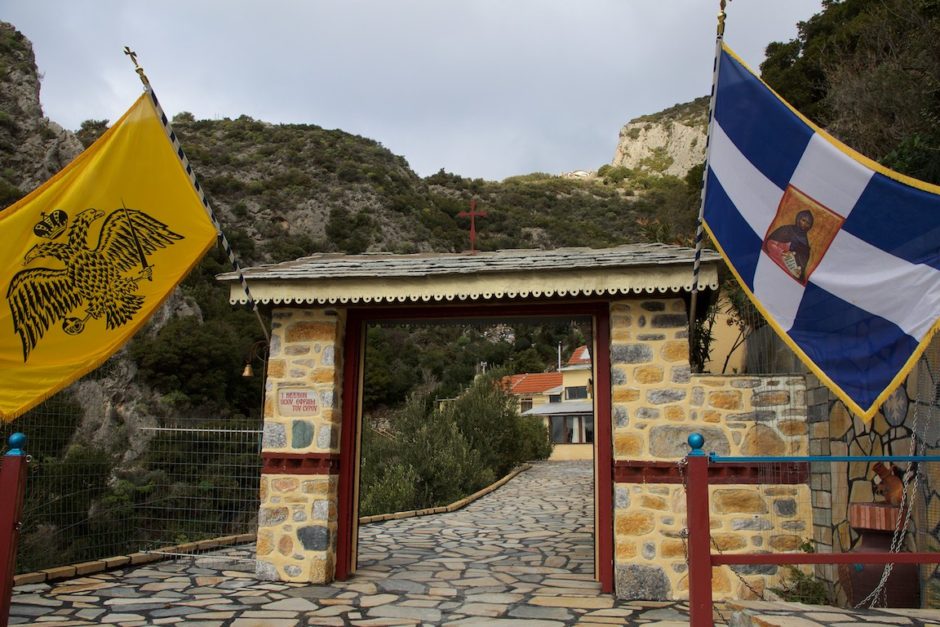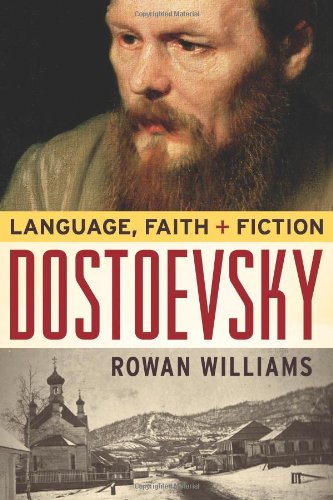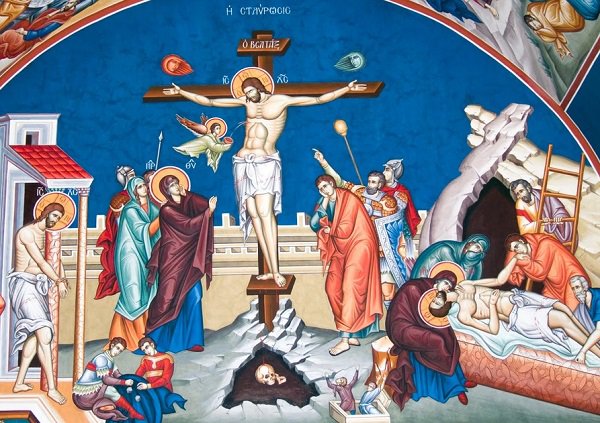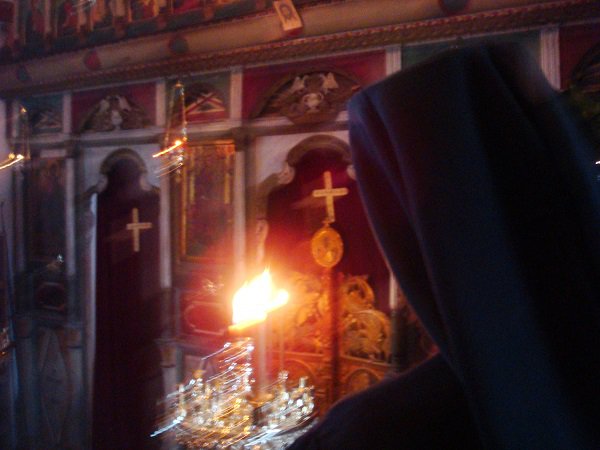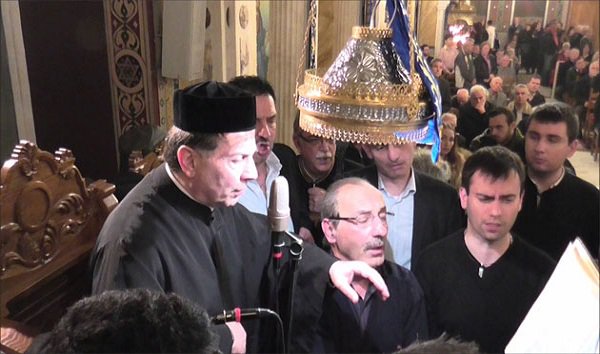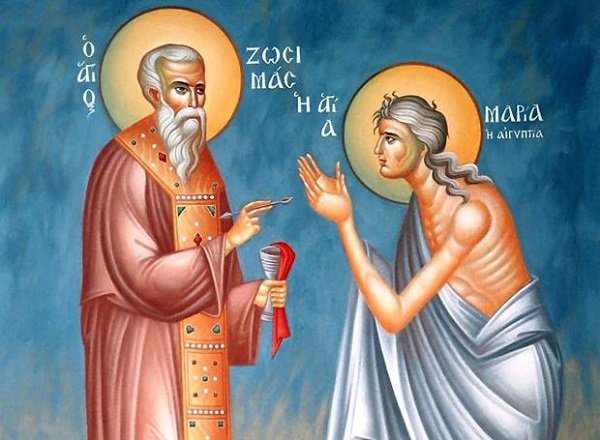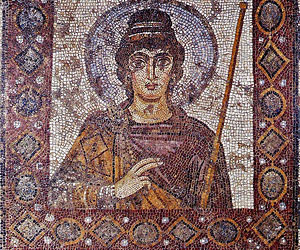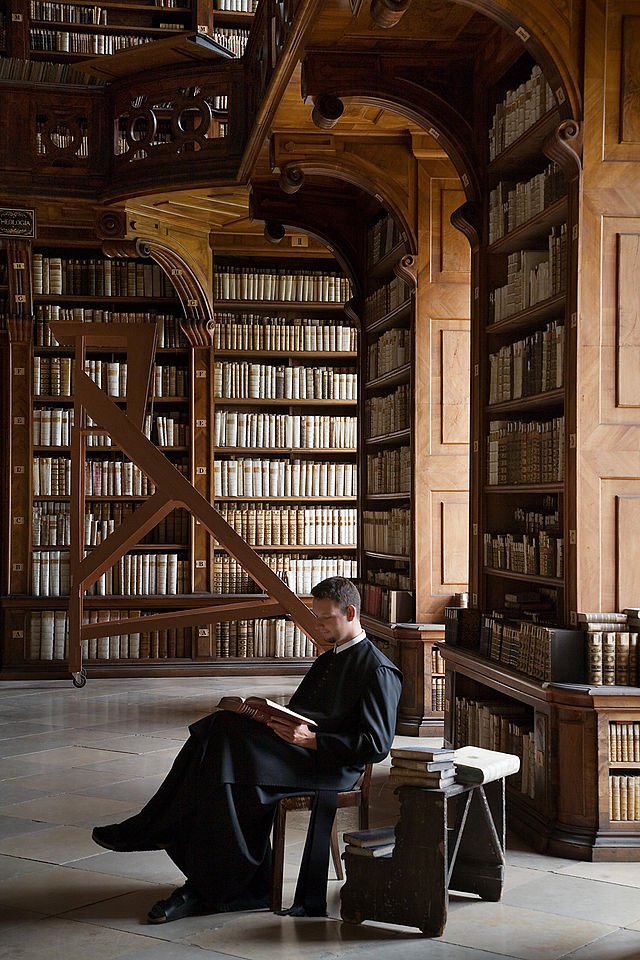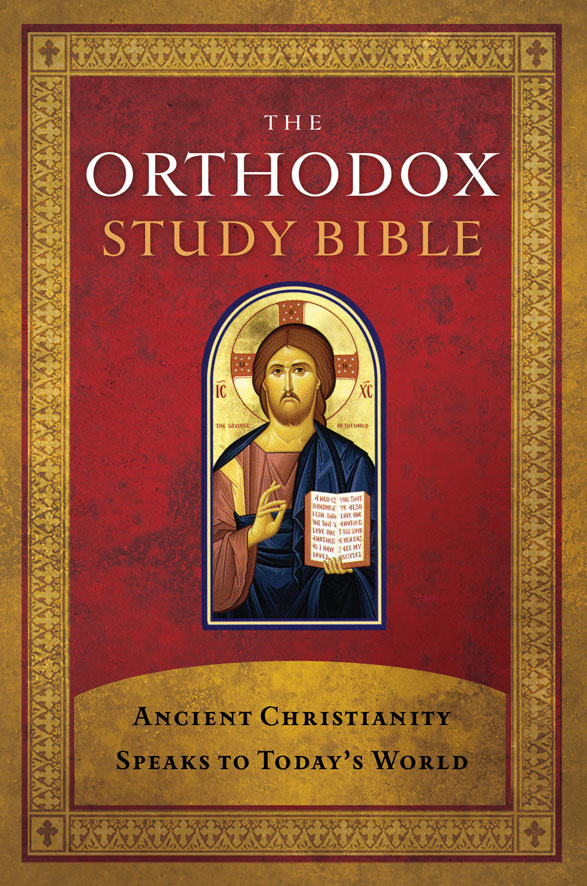
There are some elaborate charts that tell you how you could read the Bible all the way through in one year -- which if you followed it, would be fine. However, I wonder how many people have ever followed such a chart all the way through, because it would require that you make regular reference to the chart, and remember where you were on the chart. On the other hand, many people simply open up the Bible at Genesis, and then get bogged down somewhere towards the end of Exodus and Leviticus, and then quit. One method I would suggest is much simpler to follow, and if you do, you not only will read the Bible all the way through in about ...

